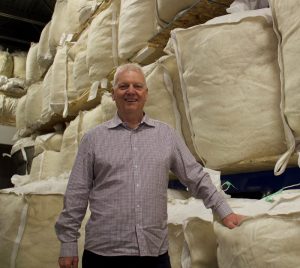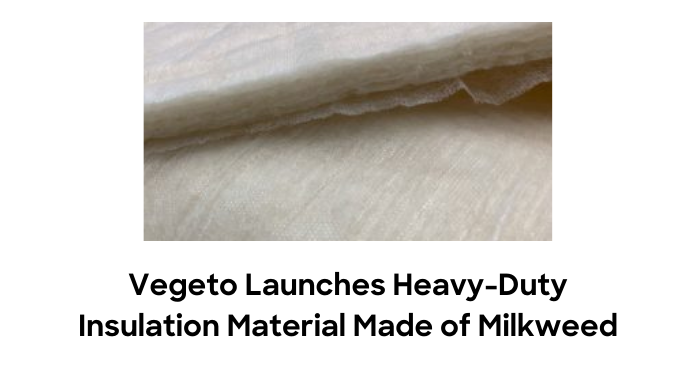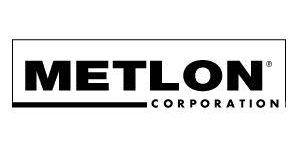Canadian supplier in sustainable production and plant textile fibers, Vegeto, has launched a new high-performance insulation material obtained from milkweed. This highly innovative product can prove to be a durable eco-friendly solution for the outdoor clothing and equipment market, especially jackets, handwear, and sleeping bags.
“This new insulation material fills a gap in the textile industry: a plant-based, eco-friendly insulation textile that makes no compromise on performance. Our alternative, conceived and produced in Canada, does not rely on the usual model of using animal-sourced or petroleum-based products; we are sowing the seeds of change for the entire garment and textile industry” mentioned Ghyslain Bouchard, general manager of Vegeto.
Exceptional Outdoor Performance
The new non-woven laminated textile insulation is a mix of milkweed, kapok fibers, and a biopolymer made from cornstarch. Test results at an independent laboratory (CTT Group) revealed the product’s exceptional thermal insulation properties with CLO values ranging between 2.5 – 4.5 depending on the weight of the chosen product – 100 gsm, 150 gsm, 200 gsm, or 250 gsm. This weight range is ideal for providing efficient insulation in the spring and winter seasons.
“Study of the milkweed fiber’s properties revealed that its tubular form makes it an excellent thermal insulation material. The hollow part of the fiber stores air and maintains temperature. It’s this natural characteristic, which synthetic materials try to reproduce, that inspired us to create our milkweed insulation textile” Bouchard explained.
Eco-friendly At Its Core
Synthetic products composed of petroleum derivatives or animal-sourced products are generally preferred while selecting the material for heavy-duty insulation. However, synthetic material used in the product from manufacturing to its end of usage adversely affects the environment.
“To reduce a product’s impact at the end of its useful life, Vegeto uses plant-based components that will break down into industrial compost at the end of the garment’s or accessory’s useful life,” Bouchard mentioned.

[Image Credits: www.textileworld.com]
Furthermore, consumers’ perception of fur and duvet is changing. “There is no denying the efficiency of duvet; however, it is quite expensive and does not fit in with the vegan lifestyle. Our insulation material succeeds in combining performance and respect for the environment and animals,” Bouchard added.
Widely Adopted by Big Brands
Major clothing brands are stepping up to incorporate sustainable materials in their apparel line.
“We want to work with manufacturers who share our business philosophy. What Vegeto has accomplished sets the pace for the industry and we hope to get manufacturers on board and inspire them to explore further, off the beaten path,” Bouchard said.
Right Investment Results in Stable Production
As a pioneer in this field of sustainable textiles, Vegeto, has developed a “field to fiber” transformation process in Canada to meet the increasing demands of raw materials.
Progressive investment in the development of machinery is the reason behind the improved quality of processing plants into textile fibers. Vegeto’s unmatched expertise in the field of sustainable textile must be attributed to its team of highly qualified textile engineers, agronomists, and machine operators who worked collaboratively to manufacture quality eco-friendly materials.
“I’ve always said that milkweed was the fiber of the future. We persevered through our unsuccessful trials, we built the machinery we needed to process the fiber. We always believed in this project, and the high-performance product we now have on hand proves that it was all worthwhile,” Bouchard emphasized.
Though milkweed is common in Canada, its virtues remain largely undiscovered. Vegeto works with a large number of Canadian farmers to harvest stable milkweed crops for textile manufacturing. With the increasing demand for the indigenous plant, the company is working to consolidate more partnerships with farmers to ensure a long-term supply of quality milkweed.
News From Textile Industry: How The Textile Apparel Industry Activated To Combat The Crisis













